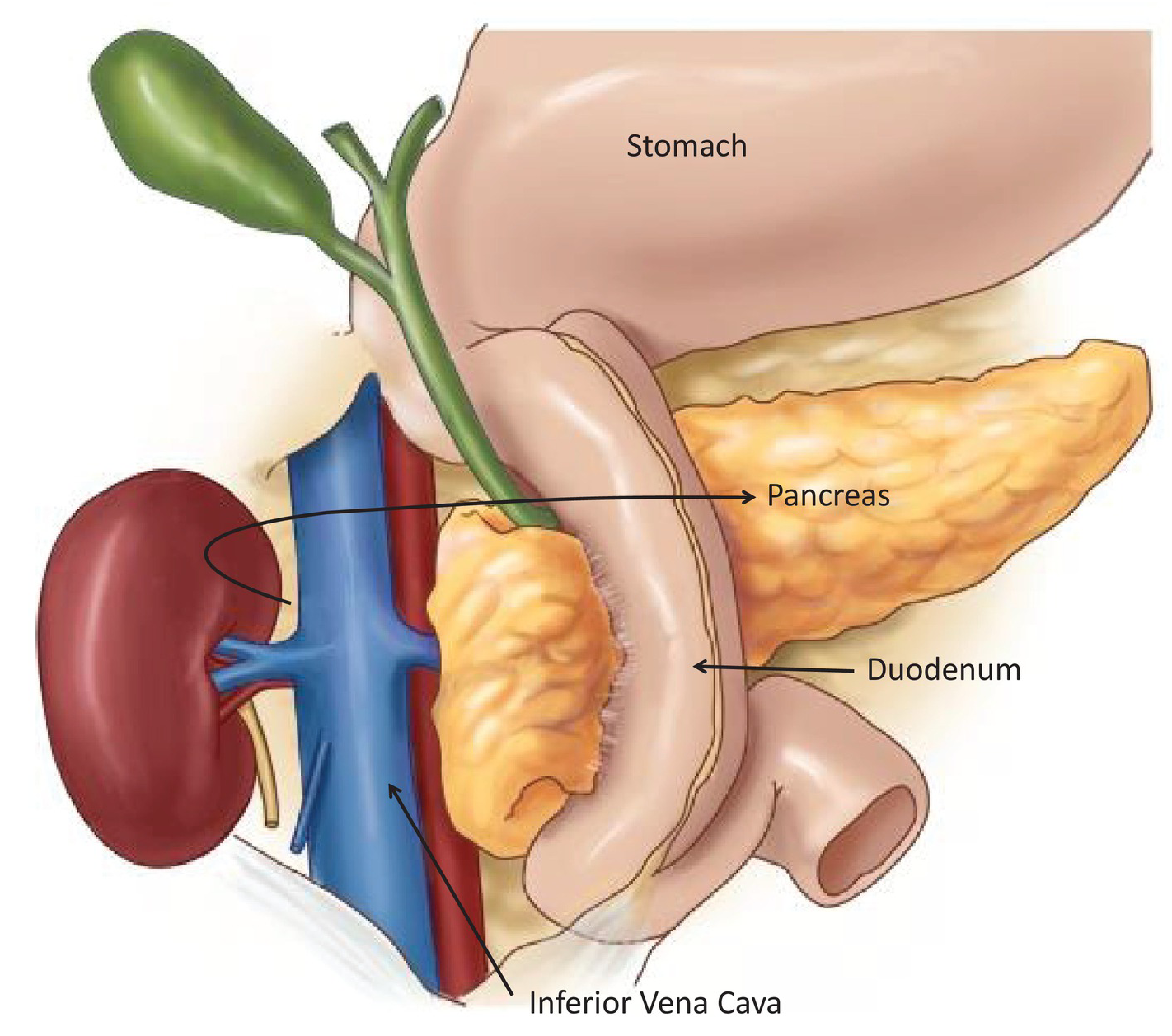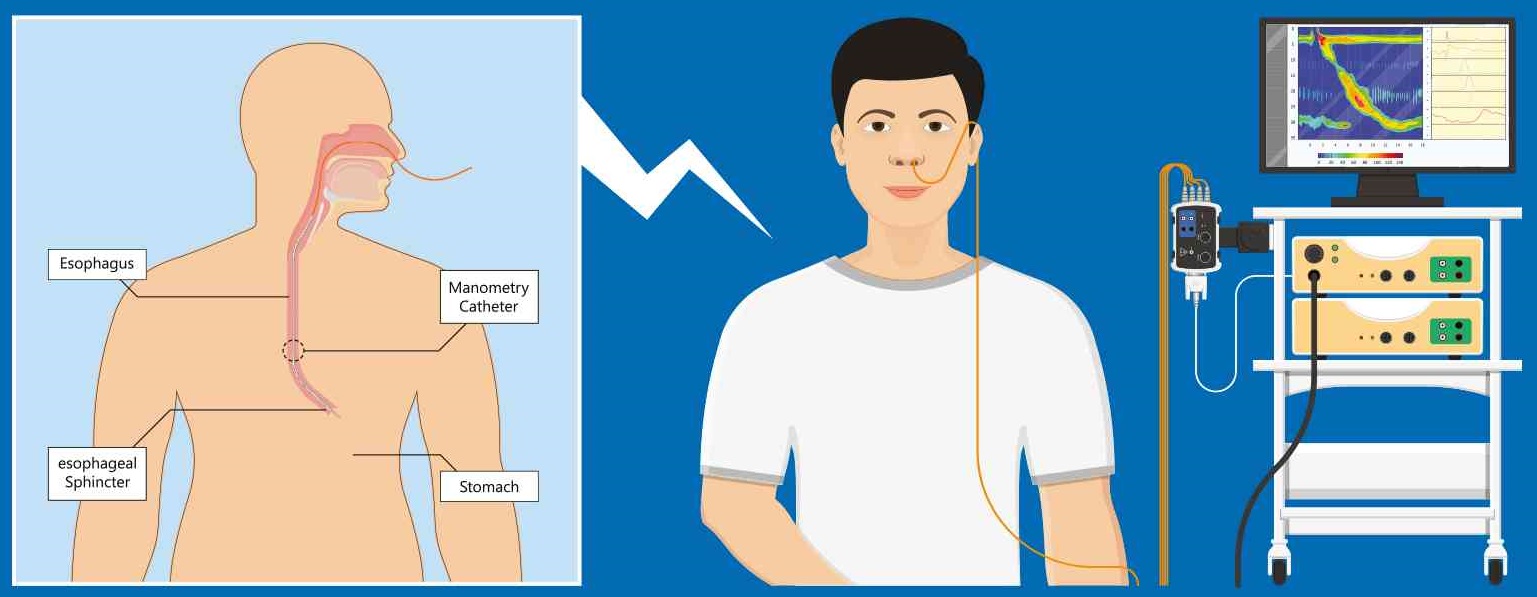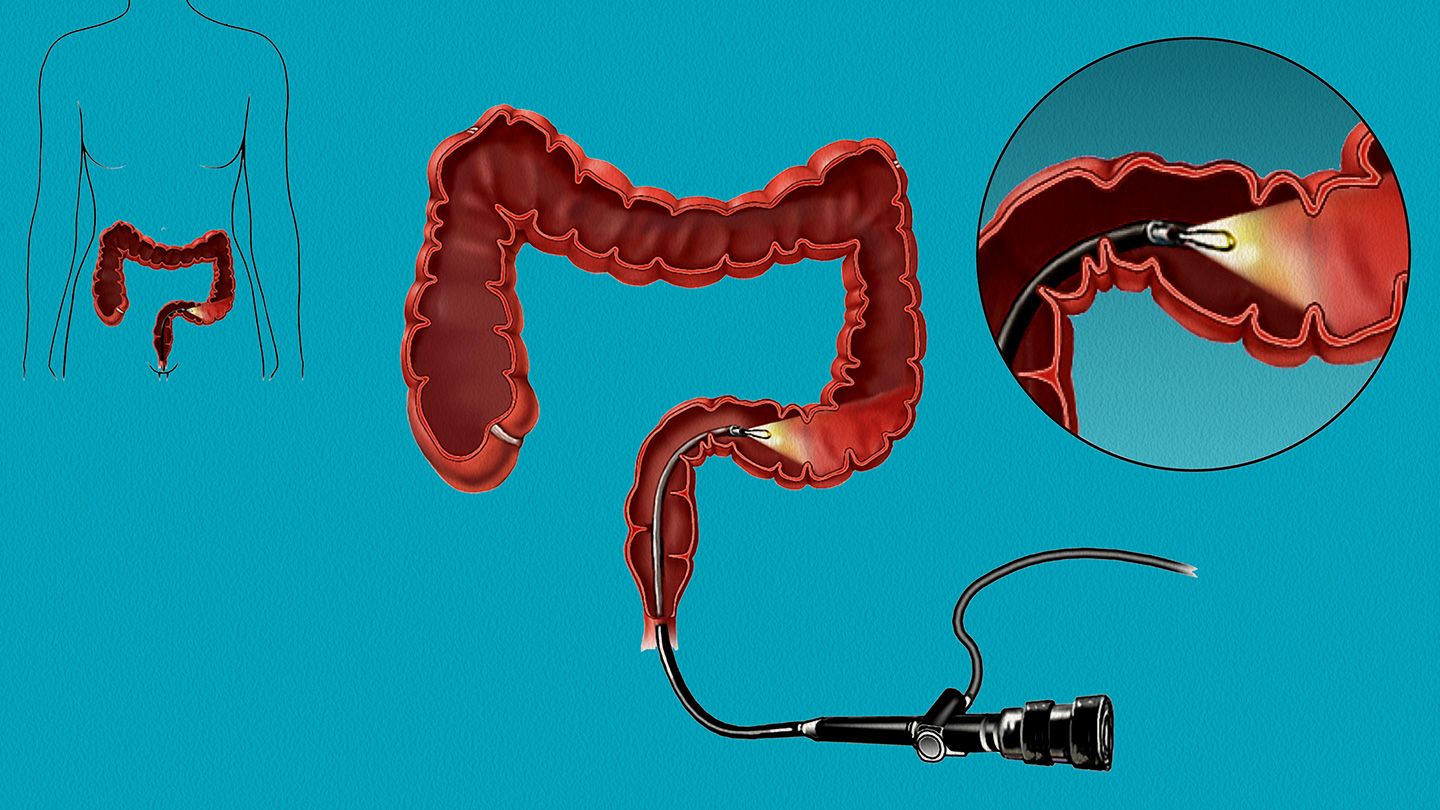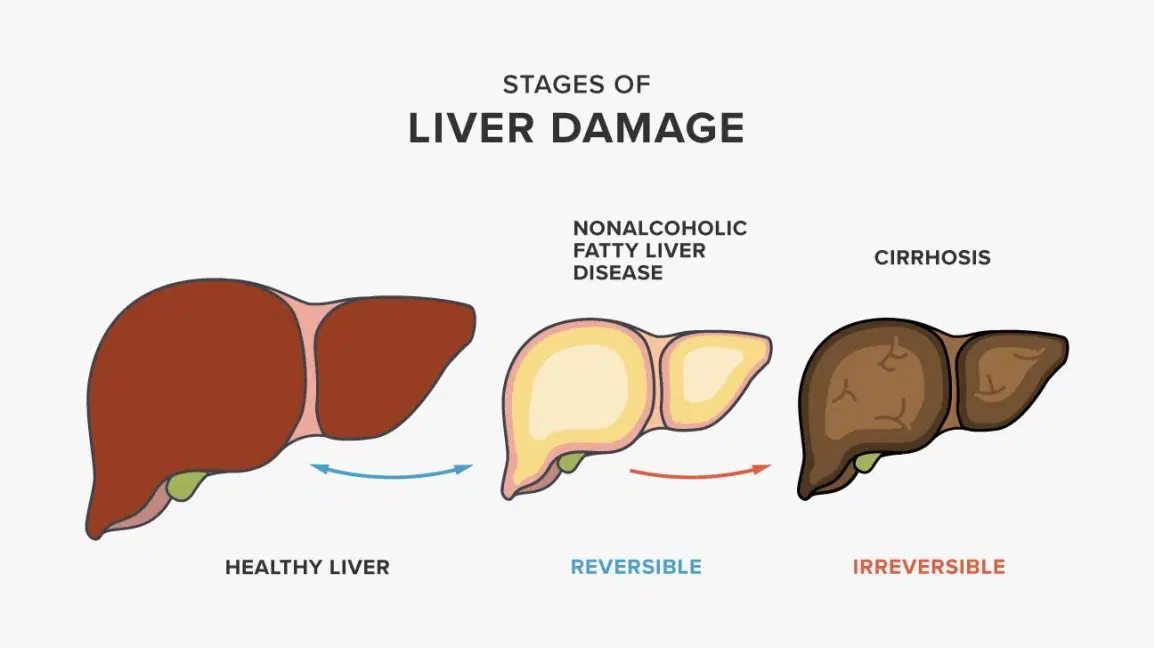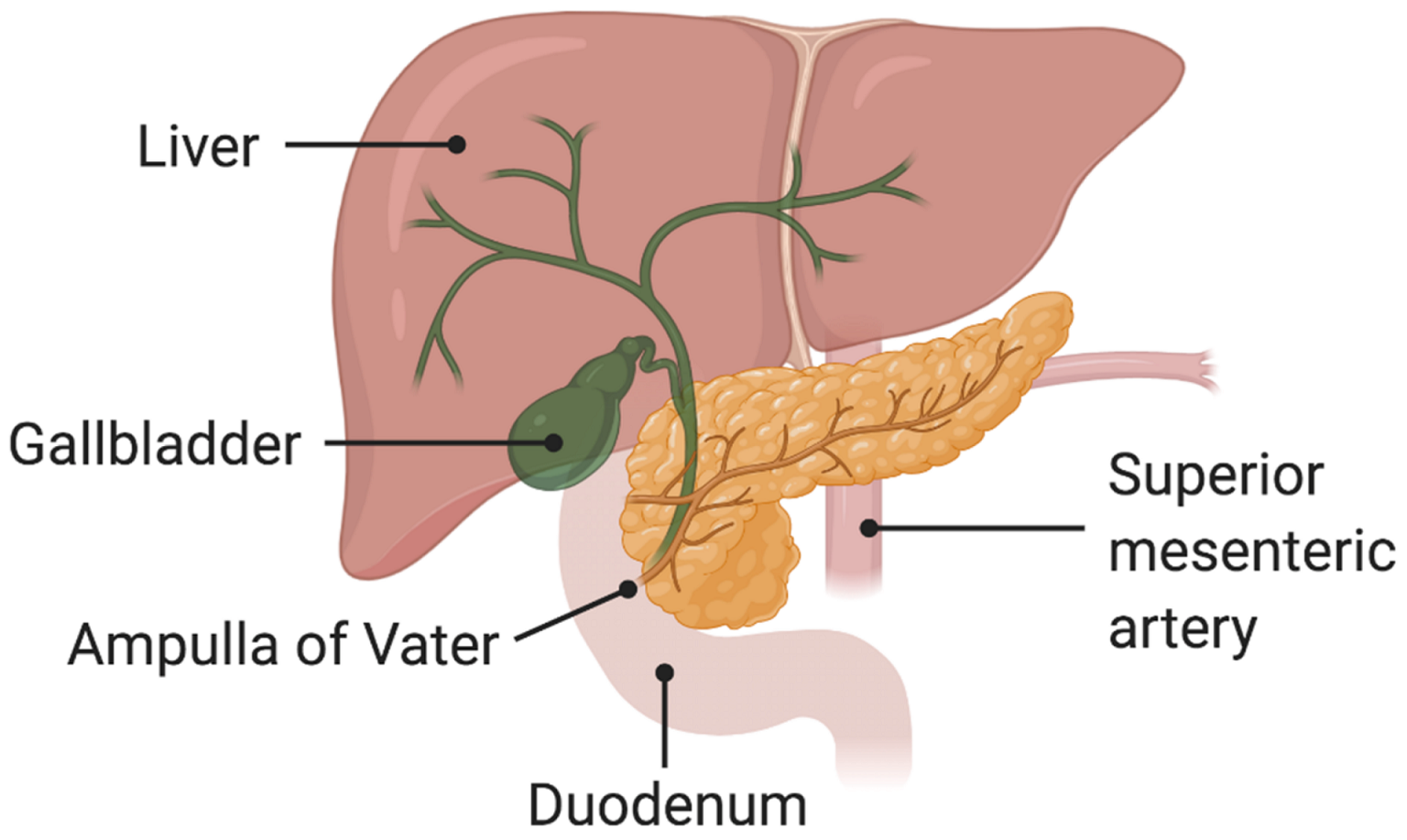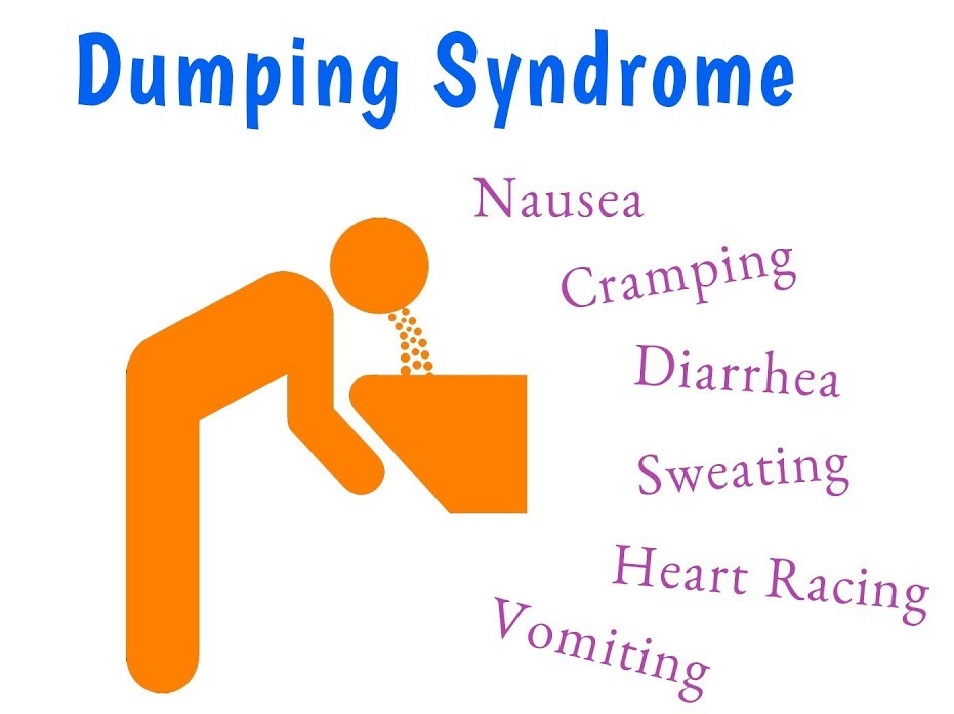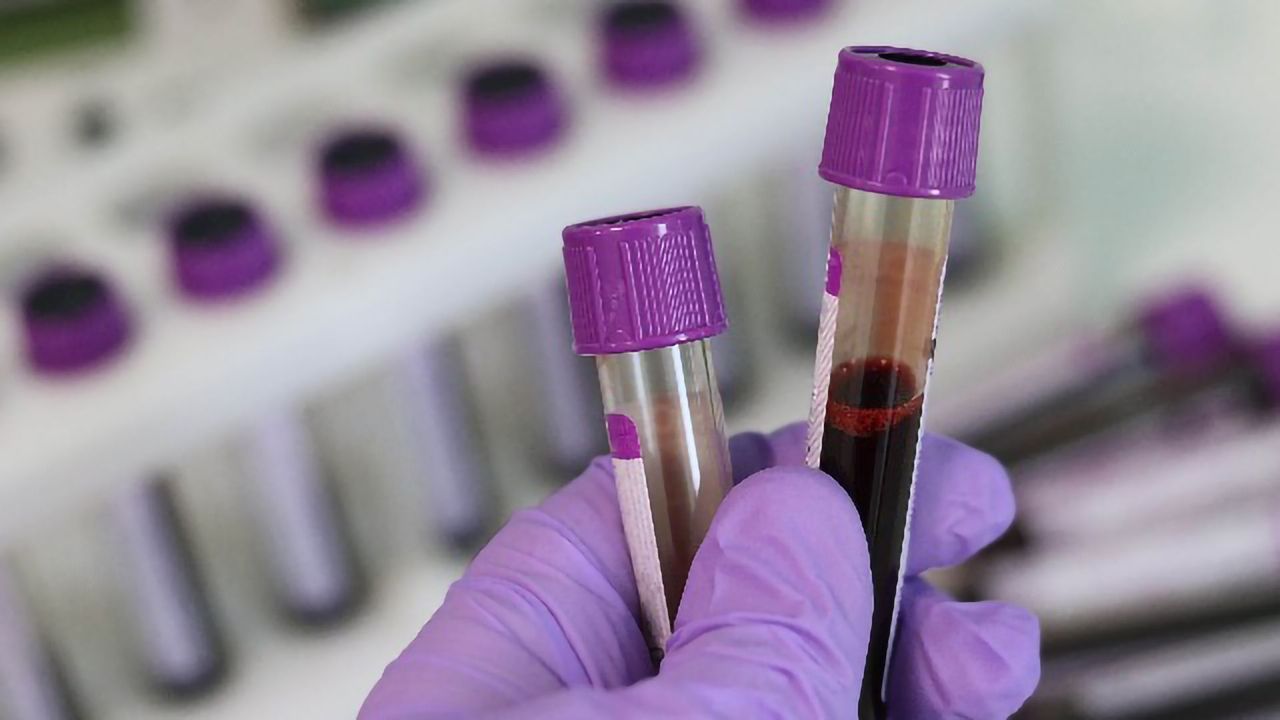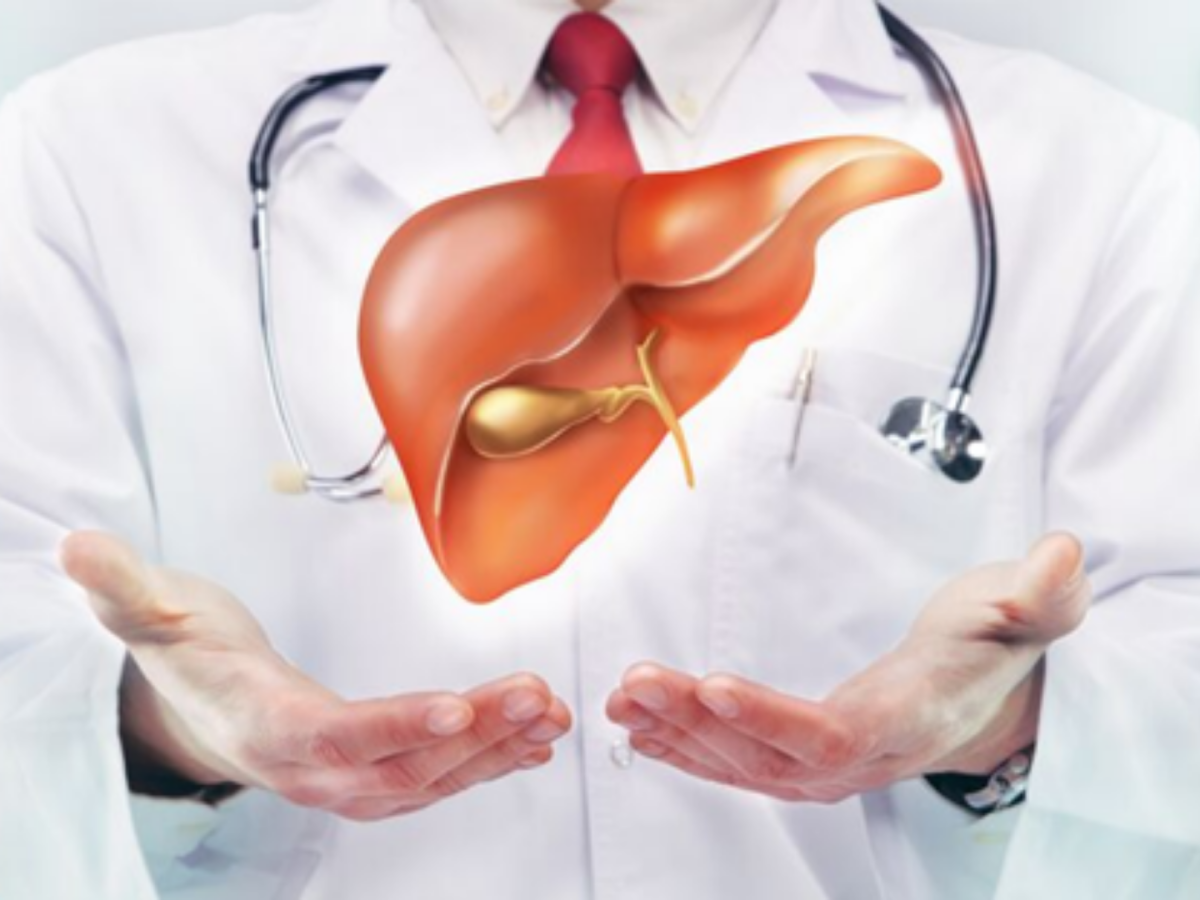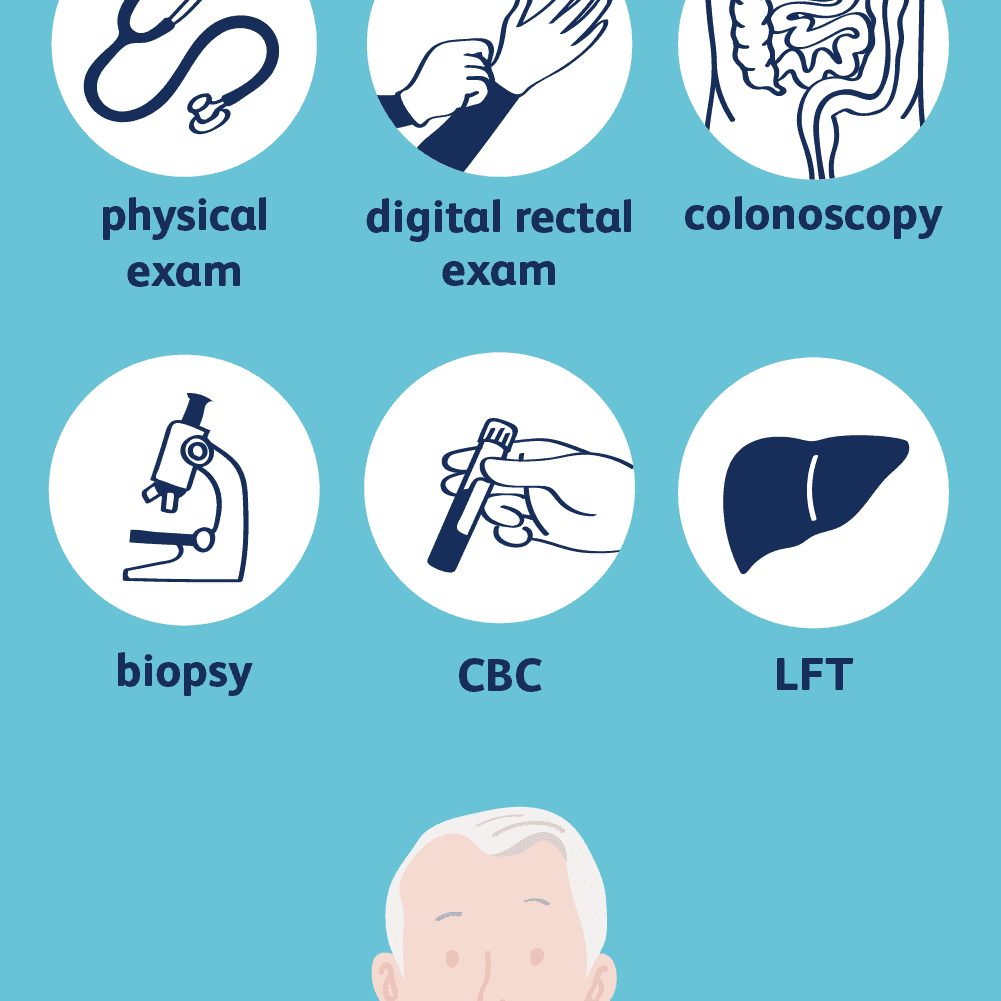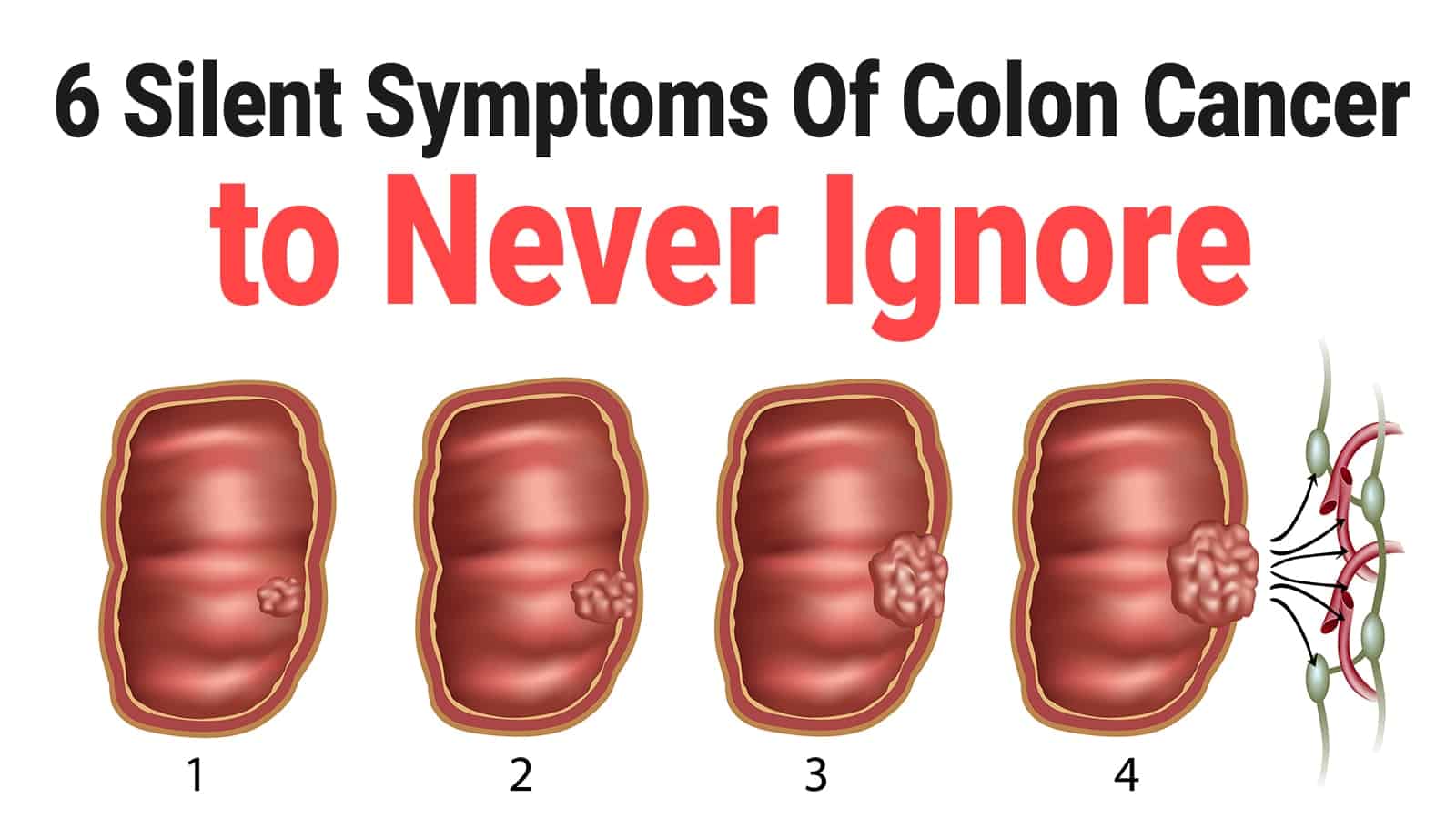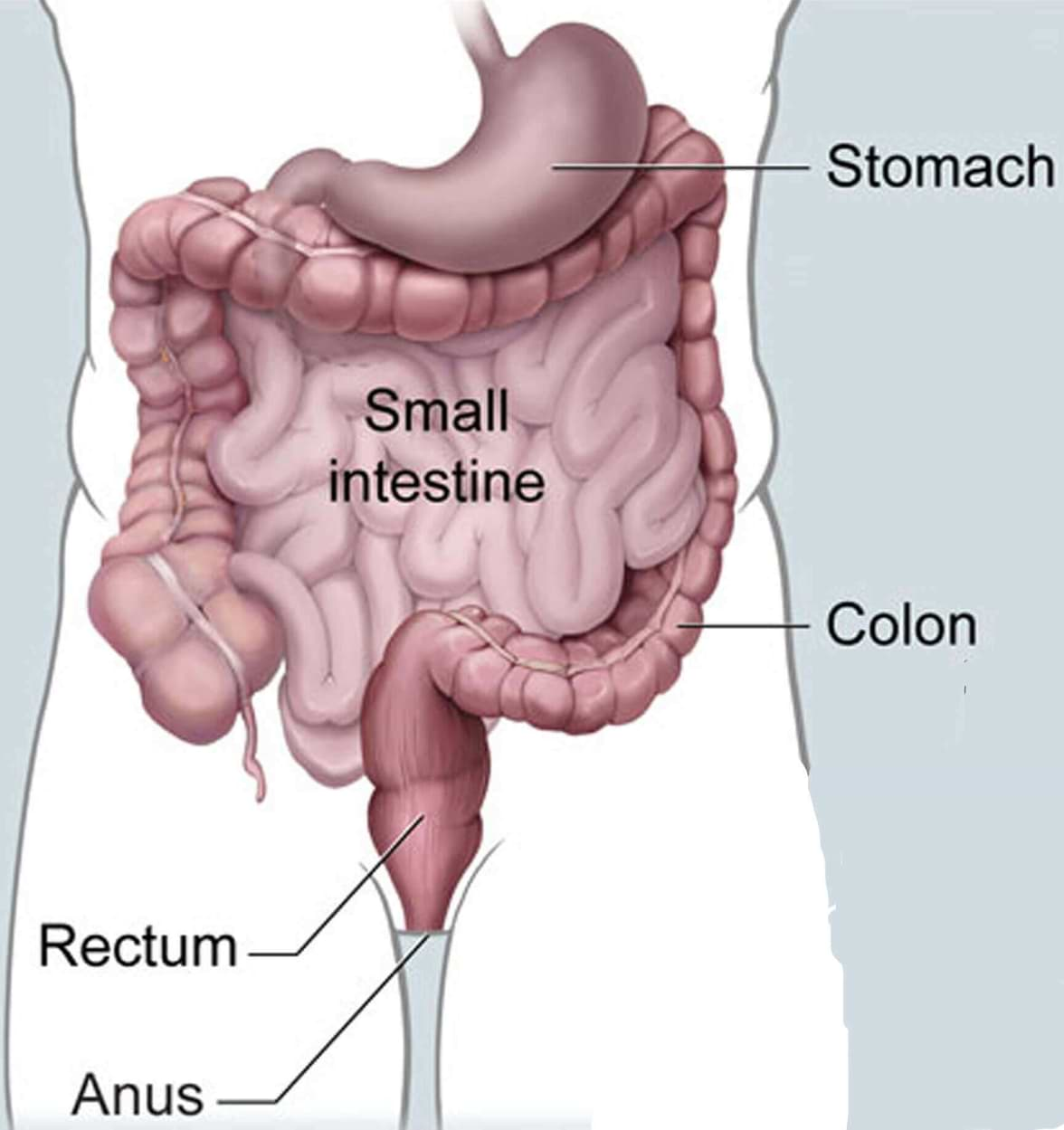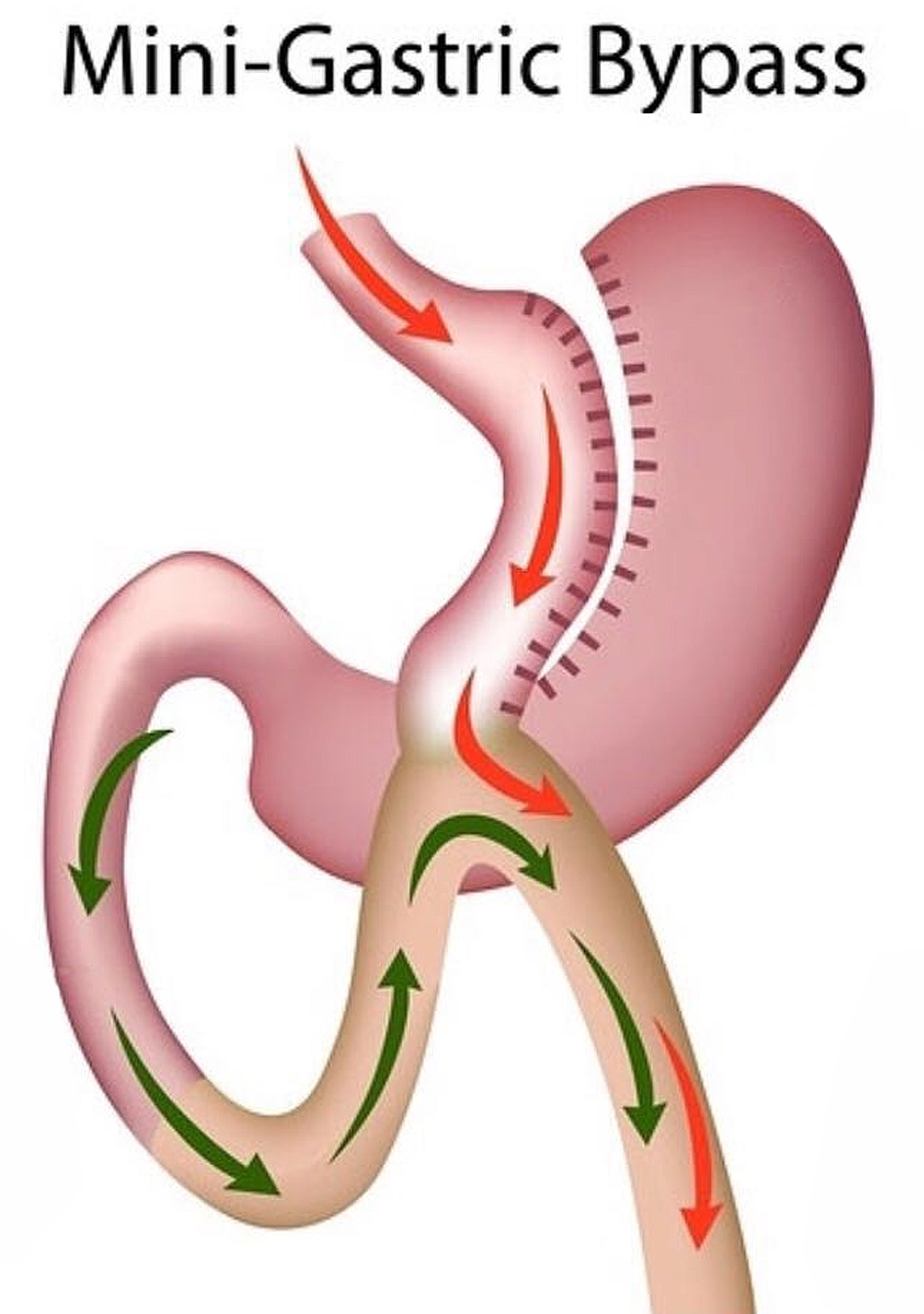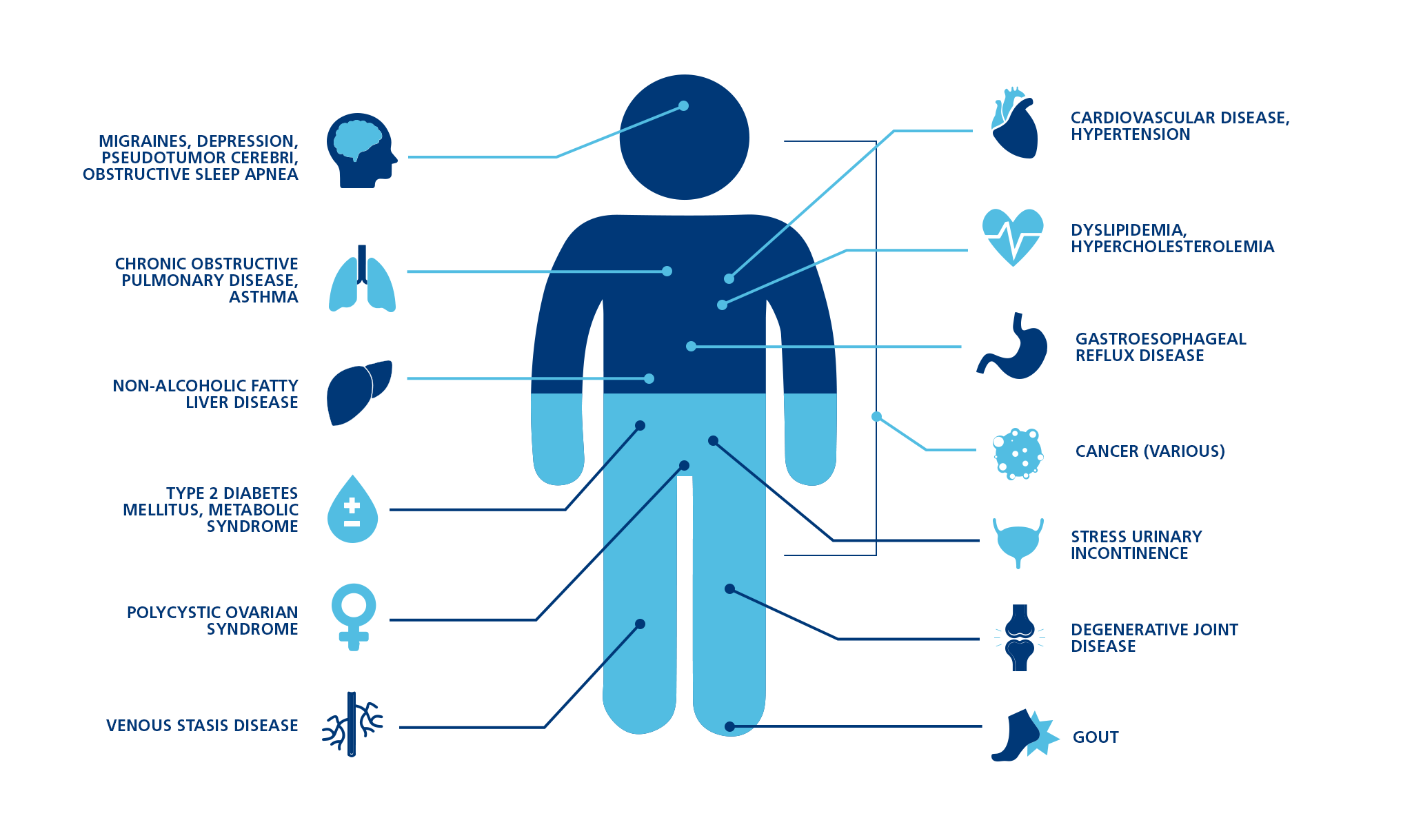Cancer-Survival after Surgery
Colon-Rectum Cancer- Prognosis and Life Expectancy
For a cancer patient, it is completely natural to wonder about your future. Some of the first questions you may have are “What is my prognosis?” or “Is my cancer curable?
Summary: 60 Second Read
After a colon cancer diagnosis
For a cancer patient it is completely natural to wonder about your future. Some of the first questions you may have are “What is my prognosis?” or “Is my cancer curable?”
It’s important to remember that cancer survival statistics are complex and can be confusing. These numbers are based on large groups of people with cancer and can’t predict exactly how well you or any one person will do. No two people diagnosed with colon cancer are exactly alike.
Your doctor will do the best they can to answer your questions based on the information they have about your cancer. Prognosis and survival statistics are meant to be used as a guideline.
Understanding survival rates
Colon cancer survival rates tell you the percentage of people with colon cancer who are still alive after a certain number of years. Many colon cancer statistics involve a five-year survival rate.
For example, if the five-year survival rate for localized colon cancer is 90 percent, that means that 90 percent of the people diagnosed with localized colon cancer are still alive five years after their initial diagnosis.
Keep in mind, statistics don’t tell individual stories and can’t predict your individual outcome. It’s easy to get caught up in prognosis and outcomes, but remember that everyone is different. Your colon cancer experience may be different than that of someone else, even if you have the same staged disease.
It’s also important to understand new treatments, as clinical trials are continually developing novel treatment options. However, it can take several years to quantify the success and significance of those treatments on life expectancy.
The impact of newer treatments on colon cancer survival rates isn’t included in the statistics your doctor may discuss.
Five-year relative survival rates for colon cancer
Survival rate based on location:
- Localized colon cancer is the one detected in stage 0 well captured in the organ of origin. The known five-year relative survival rate of such colon tumors is 90 percent.
- Regional colon cancer is the one that has metastasized to a different part of the body (stage 2 and 3). The known five-year relative survival rate of such colon tumors is 71 percent.
- Distant is the one that has metastasized to a different part of the body (stage 4). The known five-year relative survival rate of such colon tumors 14 percent.
- These rates are attributed to worldwide data without delayed detection, socioeconomic status, and nutritional factors hampering the outlook.
(Source)
Indian Statistics for Colon Cancer:
- Out of the total people affected with colon cancer, sixty-five percent were reported to be males.
- The average period of the symptomatic presentation was around 4 months before the exhibition.
- The median CEA (Carcinoembryonic antigen) level was 8 ng/ml.
- Most patients demonstrated localized or locally advanced disease.
- Twenty-eight percent of the patients had metastatic disease with the liver being the commonest site of metastases (14%) followed by peritoneum and lung.
- More than half of the patients received treatment with curative intent.
- More young patients and more patients presenting with an advanced stage. Most patients (50.7%) were detected at stage III disease.
- Inadequate access to healthcare and socioeconomic factors may play a role in some of these differences.
- The five-year survival rate of Colorectal Cancer in India is one of the lowest in the world at less than 40%.
(Source )
Factors that affect colon cancer prognosis
If you’ve been diagnosed with colon cancer, many factors affect your prognosis.
- Stage. The stage of colon cancer refers to how far it’s spread. As reported by the American Cancer Society, localized cancer that hasn’t spread to the lymph nodes or distant organs generally has a better outcome than cancer that has spread to other parts of the body.
- Grade. Cancer grade refers to how close the cancer cells look to normal cells. The more abnormal the cells look, the higher the grade. Low-grade cancers tend to have a better outcome.
- Lymph node involvement. The lymph system helps rid the body of waste material. In some cases, cancer cells travel from their original site to the lymph nodes. In general, the more lymph nodes that have cancer cells, the higher your chances are for the cancer to return.
- General health. Your general health affects your ability to tolerate treatment and may play a role in your outcome. In many cases, the healthier you are at the time of diagnosis, the better you may deal with treatment and its side effects.
- Colon blockage: Colon cancer can cause a blockage of the colon or grow through the colon wall and cause a hole in the bowel. Either of these situations can impact your outlook.
- Presence of carcinoembryonic antigen. Carcinoembryonic antigen (CEA) is a protein molecule in the blood. The blood levels of CEA can increase when colon cancer is present. The presence of CEA at diagnosis may affect how well you respond to treatment.
Bottom-line
Five-year survival rates for colon cancer are generally broken down by stage. They don’t usually take into account other specific factors, such as grade, CEA marker, or different types of treatments.
For example, your doctor may recommend a different treatment plan than someone else with colon cancer. How people respond to treatment also varies greatly. Both of these factors affect outcomes.
Lastly, survival rates for colon cancer can be confusing and even upsetting. For that reason, some people choose not to discuss prognosis or life expectancy with their doctor. If you want to know typical outcomes for your cancer, talk with your doctor.
If you don’t want to discuss it, let your doctor know. Keep in mind that these numbers are general guidelines and can’t predict your individual situation or outcome.







